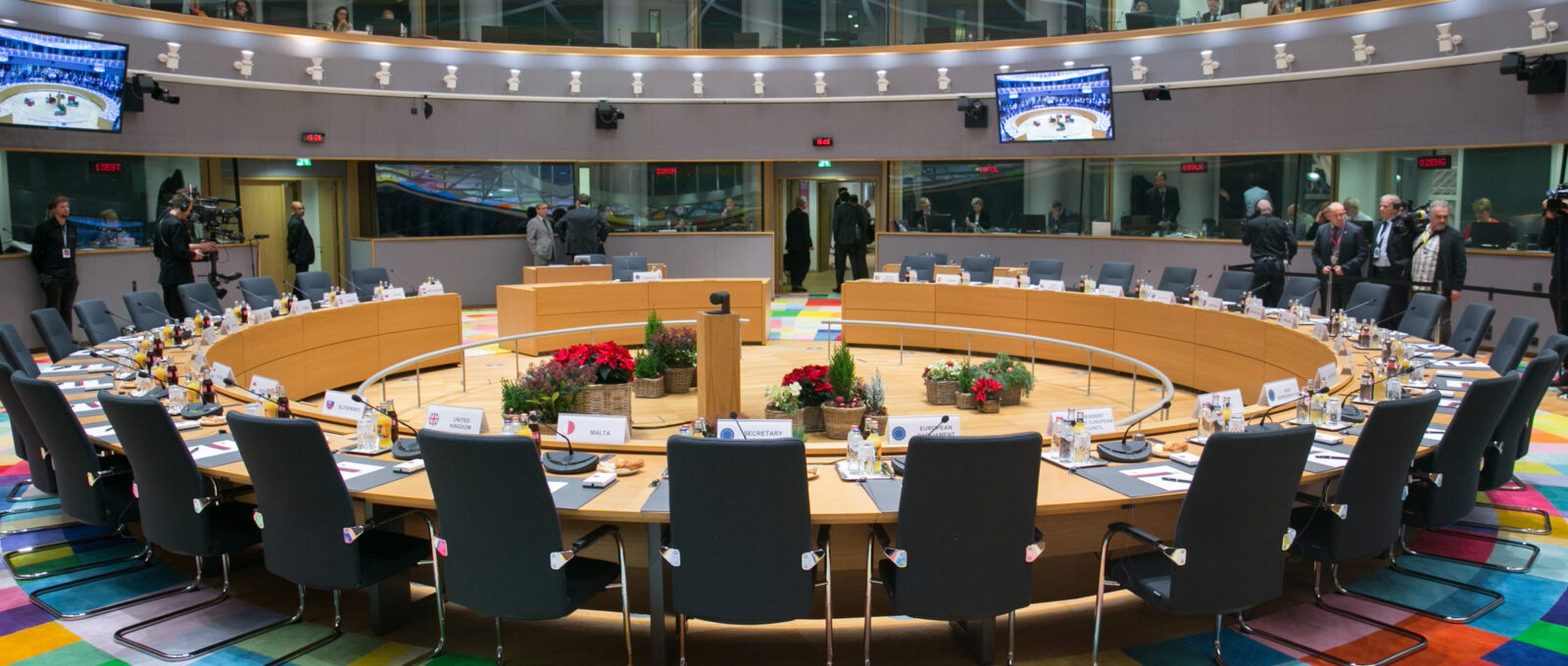The regulatory landscape for automakers operating in Europe just changed dramatically with the passage of the EU Corporate Sustainability Due Diligence Directive (CSDDD). With the passage of the CSDDD, automakers must act to address supply chain impacts or be held accountable for actions up and down the supply chain.
The Council of the European Union approved the CSDDD after over four months of debate, creating a standard on sustainability issues including climate, environment and human rights. According to the Council of the EU, “the directive requires companies to ensure that human rights and environmental obligations are respected along their chain of activities. If a violation of these obligations is identified, companies will have to take the appropriate measures to prevent, mitigate, bring to an end or minimize the adverse impacts arising from their own operations, those of their subsidiaries and those of their business partners in their chain of activities. Companies can be held liable for the damage caused and will have to provide full compensation.”
The CSDDD isn’t perfect, and comes after a long debate among EU lawmakers and in the wake of several similar laws passed at the national level. Advocates are applauding the CSDDD for its inclusion of both major EU companies and international companies with substantial revenue made in the EU, and because it imposes more robust due diligence obligations on human rights, labor, and environmental standards. It also includes requirements for measures to prevent and mitigate abuses, enforcement mechanisms for companies that fail to comply, and new requirements for corporate climate action, including a requirement to develop and report on climate transition plans. Those plans should include action on supply chain decarbonization, and we expect to see companies that have already taken action to achieve cleaner and more equitable supply chains benefit from the CSDDD since competitors will have to hurry to catch up.
The CSDDD did come after a long period of debate, however, and the final version was significantly watered down by policymakers . The original draft of the CSDDD would have applied to many more companies than the much more narrow final version. However, most major automakers still meet the requirements for inclusion, so this watering down of the CSDDD will have minimal impact on the auto industry. The final version of the CSDDD also excludes due diligence obligations related to climate change impacts specifically, meaning that companies can’t be held accountable for impacts of climate change that they are causing with their own emissions. And regrettably, the CSDDD largely excludes the finance industry, disappointing analysts and advocates.
The CSDDD still has to be transposed into national law, and is only a baseline for local regulation. The European Coalition for Corporate Justice is calling on national governments to go even farther than the CSDDD by:
- Closing loopholes: Expand the reach of the directive to cover the entire value chain and include all sectors and more companies.
- Strengthen access to justice: Reverse the burden of proof to make it easier for victims to hold corporations accountable.
- Ensuring robust enforcement: Allocate adequate resources to investigate corporate misconduct and impose meaningful sanctions.
Many companies are welcoming the CSDDD. Despite some new obligations for companies that this legislation introduces, the CSDDD is widely supported by companies across Europe and should be embraced by the automotive sector as an opportunity to drive better performance across the industry. The World Business Council for Sustainable Development 表示:“欧洲汽车制造商的整体平均分仅提高2%,可谓进步寥寥,令人失望。这使得北美的汽车制造商全面超越了它们的欧洲竞争对手。 that the CSDDD will support companies in conducting ‘risk assessment and impact analysis of their supply chains” and provides “businesses with a clear and consistent sustainability due diligence framework across the EU.” They urged their members to vote in support of implementing the CSDDD.
The CSDDD will strongly benefit those companies that have made greater investments in clean and equitable supply chains while disadvantaging those that have failed to make progress in this area. Companies that continue to fail to make progress on clean and equitable supply chains should expect a much less welcoming regulatory environment in the EU for environmental harm and human rights abuses in auto supply chains.
